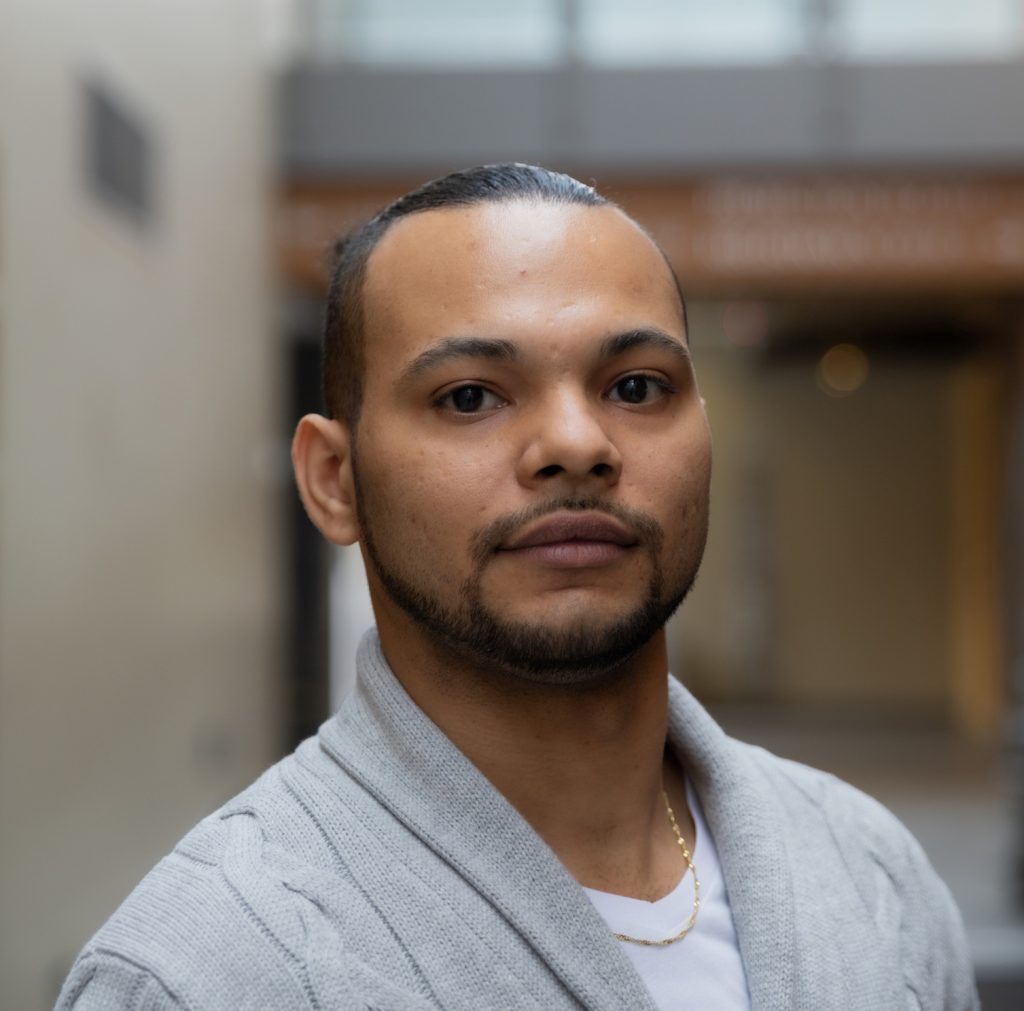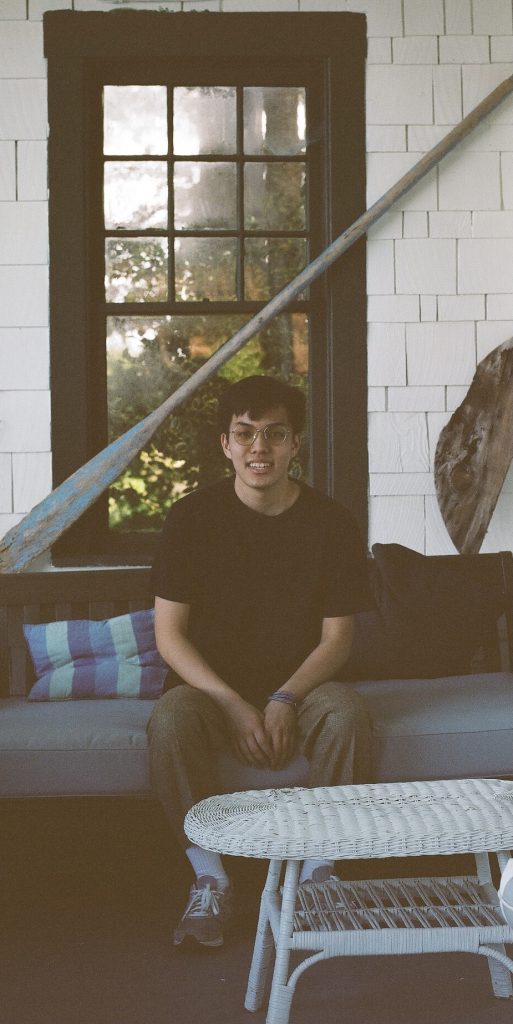



Written by Eli Rose, (Design Research Team Lead), Bo Phi, Kimberly Mak, Yin Chen Wan (Design Researchers)
In this project, we partnered with Chestnut Residence to gain a deeper understanding of the student experience at the dining hall and help Food Services build a positive and collaborative relationship with students and staff. In this work, the Food Services Design Research Team reflects on their experiences.
Detaching from Personal Bias

Our work began with diving into the interview transcripts in order to draw insights and themes from student and staff experiences. We read many student stories that we personally resonated with. When analyzing interview transcripts, we found it important to detach ourselves from our biases, so that our personal judgements and viewpoints would not hinder us in identifying the true needs of the students and staff. One of the challenges we face includes not being able to recognize our own implicit biases. However, working in a team allows us to recognize and point out each other’s biases. Therefore, our team was able to draw insights from the data in a less-biased manner and produce reliable results.
“As an international student who had lived in university student residence before, I resonated with the students’ viewpoints and complaints in their interview transcripts. At the same time, I had to consider the perspective of Food Services staff members. It wasn’t until I reflected with my teammates, I realized my implicit favoritism towards students at Chestnut. With this realized bias in mind, during our discussion of the data analysis results with food services staff members, I recognized that they are passionate people who care deeply about students at Chestnut. Knowing that our campus partners do care about students is a huge determining factor for the dedication I put into my work. In this project, I learnt the importance of reflecting on my personal biases and having a supportive partner.” – Yin Chen Wan
Revealing Constructive and Positive Insights

When writing our report, we were met with many challenges in articulating our research findings. We learned the impact of framing the insights from our findings as constructive and positive was crucial in ensuring that our points would inspire action. Coming up with ways to articulate our findings to stakeholders while speaking honestly to the data proved to be a unique challenge.
“As a student new to conducting and presenting qualitative data analysis, this project allowed me to experience the challenges of working with partners. Prior to joining the Innovation Hub, the bulk of my experience consisted of course projects that didn’t involve interacting with a third-party. Knowing that we had to present to Food Services ancillary staff set a precedent that we had to be more conscious of the way we articulate things to provide powerful insights that inspire action. This was my first time preparing a presentation to a partner and working on this project gives me a better understanding of the dynamics between a consultancy and a partner, and the challenges similar work would provide.” – Bo Phi
The Power of Storytelling

In the beginning, it was difficult to evaluate the situation through the lens of Food Services. As design researchers, we strive to interpret data from a holistic perspective because presenting a comprehensive story ensures the voices of all parties are well-represented. Unveiling powerful insights from student data requires good storytelling skills that leaves an impactful impression and inspire others to reflect on the insights. Ultimately the goal of our work is to inspire action to create meaningful change on campus. Through our design thinking workshops, we learned that a good story should be engaging and relatable. The story should stick with the audience, draw out emotions, elicit reflection, and ultimately generate thought-provoking discussions.
“As a student with experience living in residence, it was convenient to resonate with stories shared by other Chestnut residents. I am a strong believer in storytelling because stories provide opportunities to showcase new ideas and information that other people might not be aware of. Being a part of this project is an enriching experience because I was able to honour student stories by sharing their experiences with a broader community. I am dedicated to this work because I see the importance of representing various parties while standing on neutral ground. Although it requires extra effort to understand where everyone is coming from, I hope that the stories we presented encourage individuals to be receptive to feedback and improvement.” – Kim Mak
In co-creating the future of Chestnut Dining, our findings and insights are providing the groundwork for a new vision for the dining hall. Alongside the Chestnut Residence and Food Services Team, we are looking forward to organizing co-creation sessions this October!
0 comments on “Project Insights: Future of Dining at Chestnut Residence”